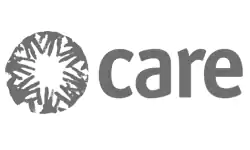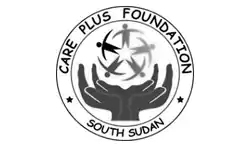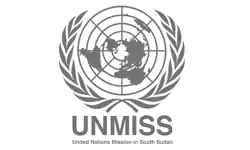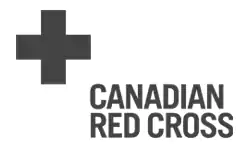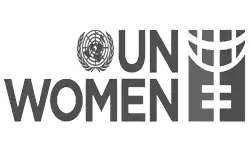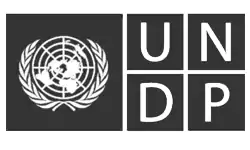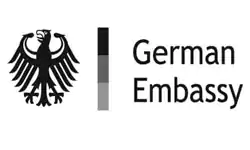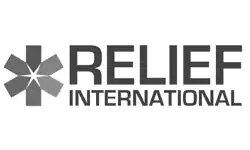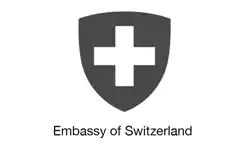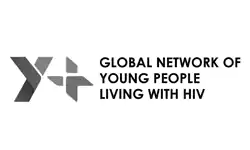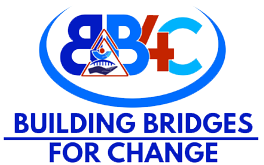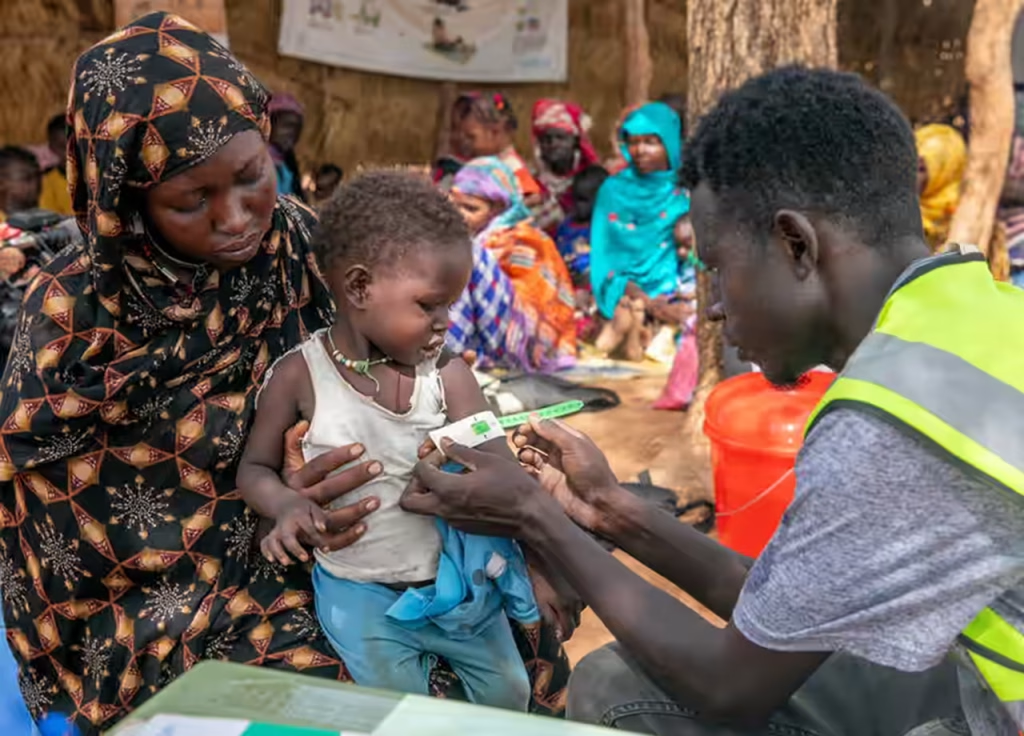
BB4C helps women and children survive in the face of some of the most adverse conditions in the world.
South Sudan’s already weak healthcare infrastructure was further strained, almost to the point of collapsebyconflicts,exacerbatingtheuniquevulnerabilitiesthatwomenfaceintimesofconflict. Duringconflict,womenareoftenleftalonetocarefortheirfamilieswhiletheirhusbandsareaway fighting,leavingthematriskandtheirneedsmarginalized.
Thishascausedwomentowaitlonger to seek medical attention, as there is no one else to care for their children, and health centers are often miles away. Vulnerable and marginalized women in South Sudan continue to experience adverse health conditions with South Sudan’s maternal and newborn deaths being among the highestintheworld.
Unfortunately, a lack of primary health care services, particularly for women, has been exaggerated by the conflict. South Sudan has also seen an increase in the complications from childbirth because of decreased access to primary health services, and to hospitals and clinics for delivery.
BB4C helps women and children survive in the face of some of the most adverse conditions in the world. Our focus is maternal, new-born and child survival and we provide drugs, equipment, training and other support to government health centers, deliver vaccinations, and provide care to children who are malnourished.
In the hard-to-reach areas, we run mobile clinics where we treat malaria, pneumonia and diarrhea, thus reducing the need for children to travel long distances to the nearest health center. We also identify and train community health workers on how to identify and refer cases of malaria, pneumonia, and diarrhea or provide treatment in a timely manner.
Additionally, we identify community midwives and build their capacity to support women during delivery and provide essential information on infant feeding. We also teach them how to identify high-risk pregnancies and make referrals to hospitals for specialized care.
Our primary health care-specific objectives include:
Improve availability of and access to basic packages of health care services for communities, with a special focus on vulnerable groups such as marginalized women and children, through mobile clinics or strengthening of existing services, as well as through the promotion of health-seeking behavior.
Increase Child care and maternal health services in the targeted facilities of operation in the community
Improve health information management system to ensure availability of reliable data on the health status of the population, including on reproductive health.
Ensure availability of health education material on prevention of malaria, TB, AWD, and on reproductive health.
